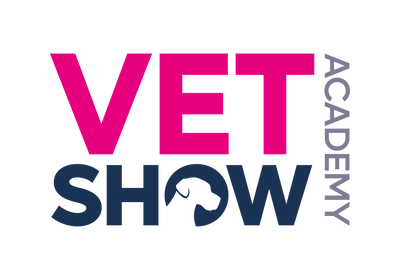New York Vet 2024
Tips for Having Productive End-of-Life Conversations (NYV 2024)
Tips for Having Productive End-of-Life Conversations (NYV 2024)
Couldn't load pickup availability
Having control over the quality of a pet's last chapter of life can be a blessing and a curse. The decisions for care often reflect emotional attachment, financial status, family culture, ethnic culture, religious culture, and sometimes are a direct result of prior traumatic experiences that the pet owner has had either with other animals or even other human family members. It is also possible that the veterinarian can bring the baggage of past trauma to the table as well. The role of the veterinarian can vary, but typically the client is paying for therapeutic choice, education, and the opportunity to provide humane closure to their pet's life. The definition of "humane closure" is deeply personal and may or may not involve the act of euthanasia. These entangled conversations often require a lot of listening. This lecture addresses many of the End-of-Life questions that lead to these heavy conversations, with ample time for self reflection in order to practice active listening without compromising our oath. While every conversation may bring to light a new perspective, it is important to be a steady force of good and not compromise personal values as well. Additionally, End of Life conversations can be very stressful for the veterinarian. It is well documented that Compassion Fatigue from poorly executed client/patient/doctor relationships can lead to occupational burn-out, as well as mental health tragedies that are an epidemic in the field of veterinary medicine. This lecture encourages the doctor to embrace our opportunity to provide service during such an important yet delicate time in our patient's lives.
- Overview of common End of Life concerns
- Overview of the dying process
- Practical tips for active listening
- Practical tips for combating Compassion Fatigue
- Practical tips for palliative and hospice care
Geriatric
Presented by Heather L. Troyer, Hospitalist - Oradell Animal Hospital
Presented at New York Vet 2024
Please note this session is not RACE-approved but you can still earn a CE certificate.
Share


